At TheHealthBoard, we're committed to delivering accurate, trustworthy information. Our expert-authored content is rigorously fact-checked and sourced from credible authorities. Discover how we uphold the highest standards in providing you with reliable knowledge.
What are Carotenoids?
Carotenoids are chemicals that have nutritive properties and that exist in the pigment that colors plants and animals. As fat-soluble materials, carotenoids are ingested by humans in countless colorful fruits and vegetables. They are important as antioxidants and for their capacity to get converted to essential vitamins. Many health experts say that people should receive carotenoids by eating fresh fruits and vegetables as part of a healthy diet, rather than by taking supplements, because they are easier for the human body to use when ingested in natural foods.
Found in Colorful Foods

Different carotenoids are related to their manifest colors. Two of the general categories are carotenes and xanthophylls, with carotenes being present in yellow vegetables, and xanthophylls being found in green vegetables. Beta-carotene, an essential nutrient that the human body converts to vitamin A, is present in orange carrots, sweet potatoes and squash. Another type of carotenoid, lutein, exists in dark green kale, broccoli, yellow egg yolk and bell peppers. Red tomatoes, apricots, grapefruit, watermelon and papaya all contain another type, called lycopene.
Potential Health Benefits

When acting as antioxidants, carotenoids have been shown to reduce the damage caused by certain molecules called free radicals. A generous amount of these chemicals might prevent damage to cells and tissues as well as genetic damage. This means that they might increase a person's immunity to infection, reduce the risk of cancer and protect against heart disease.

The potential benefits of beta-carotene are believed to include preventing hardening of the arteries, which is associated with an increased risk of heart attack. Beta-carotene also preserves the health of the body's mucous membranes and lining of the lungs, which are among the body's first lines of defense against infection. Excessive amounts of beta-carotene, however, might bring a higher risk of osteoporosis or of lung cancer in smokers.

Carotenoids might help fight serious infections in people who have compromised immunity systems by boosting their white blood cell count. Lycopene has been associated with a reduced incidence of several types of cancer, including prostate cancer, colon cancer, bladder cancer and lung cancer. Zeaxanthin and lutein are believed to strengthen the eyes, protecting against cataracts and macular degeneration. Although some of these connections have yet to be clearly established through scientific studies and research, health experts typically recommend that people should consume the recommended daily amounts of fruits and vegetables to get the full benefits of carotenoids.
AS FEATURED ON:
AS FEATURED ON:










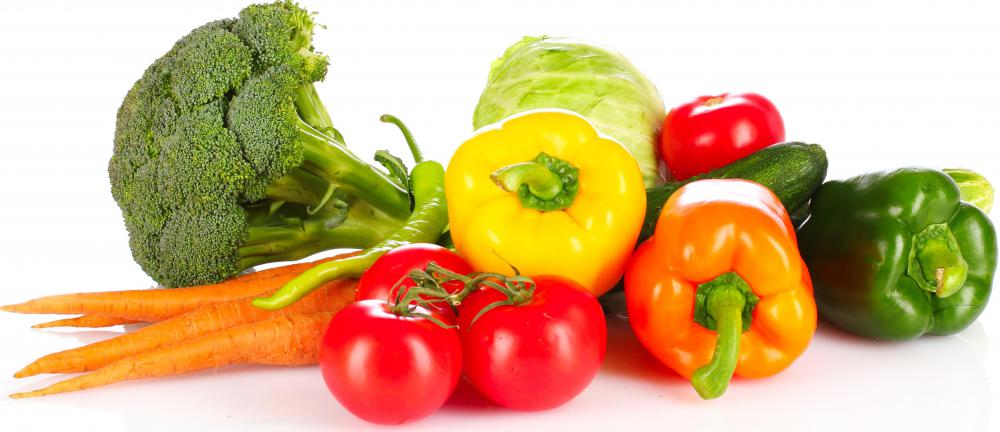
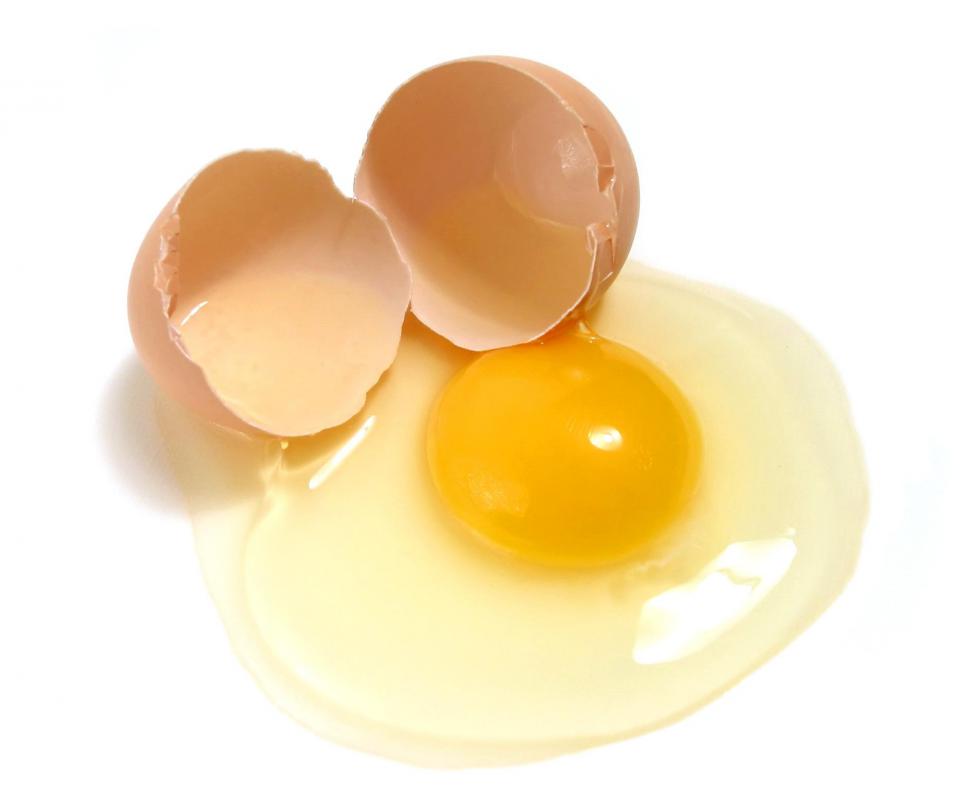

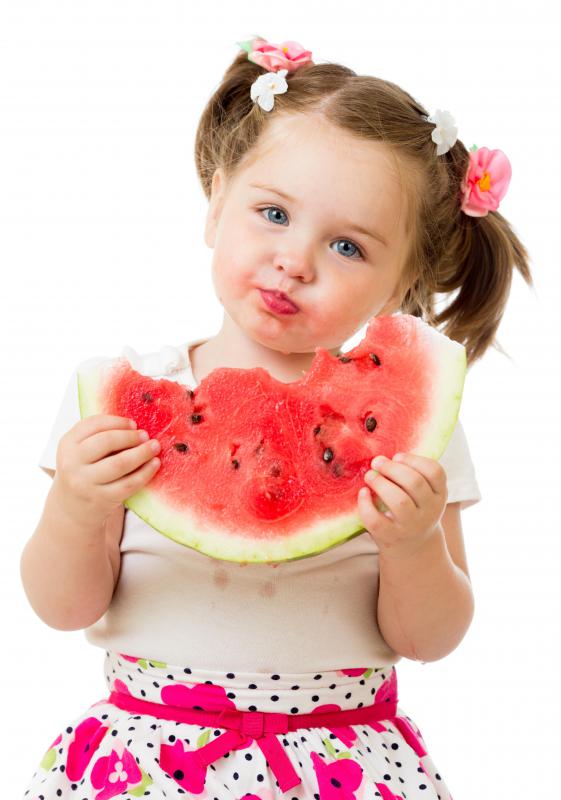

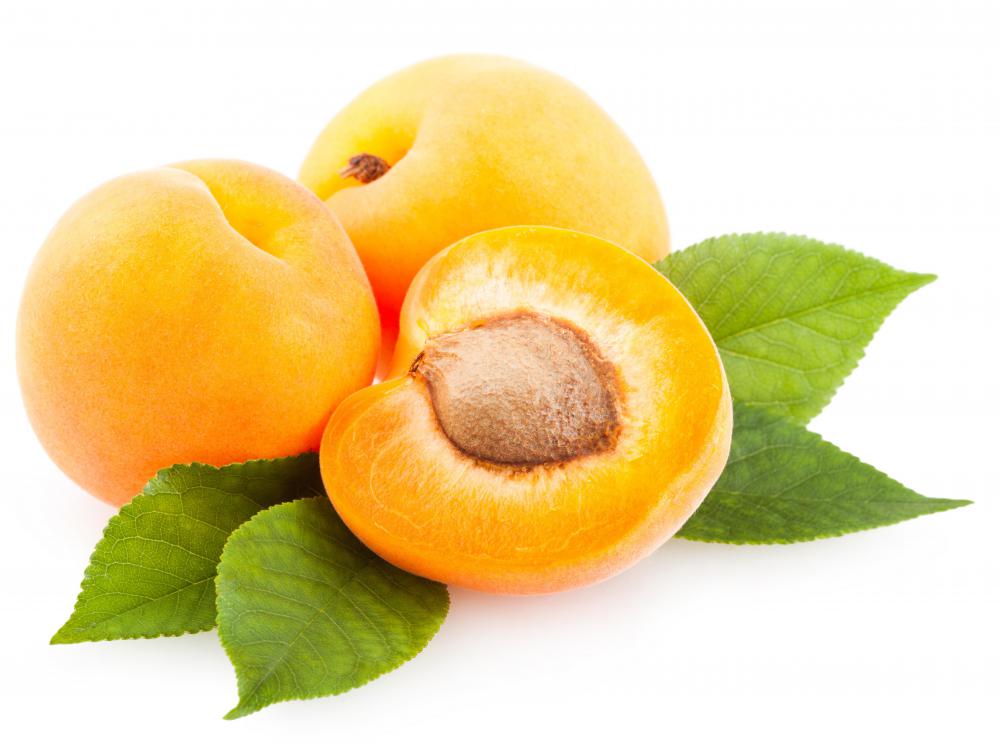



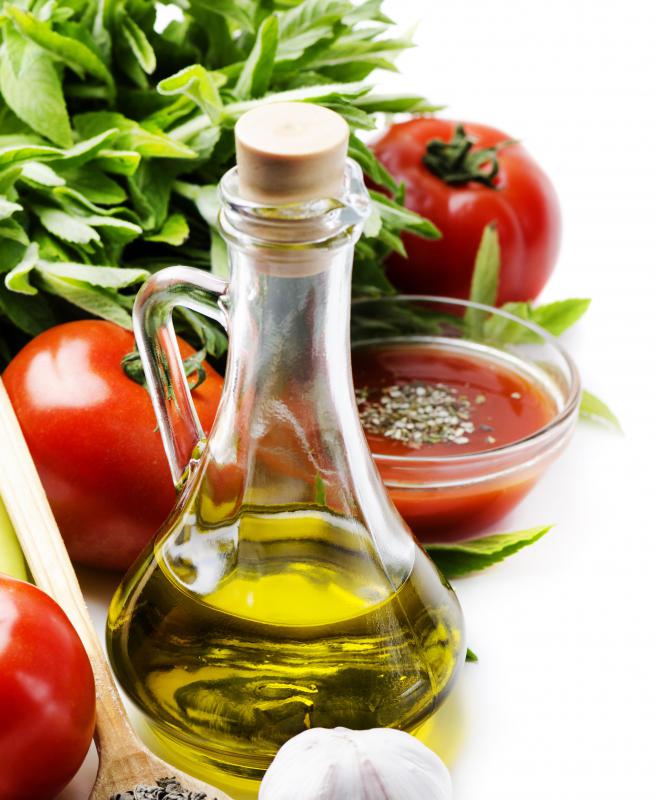
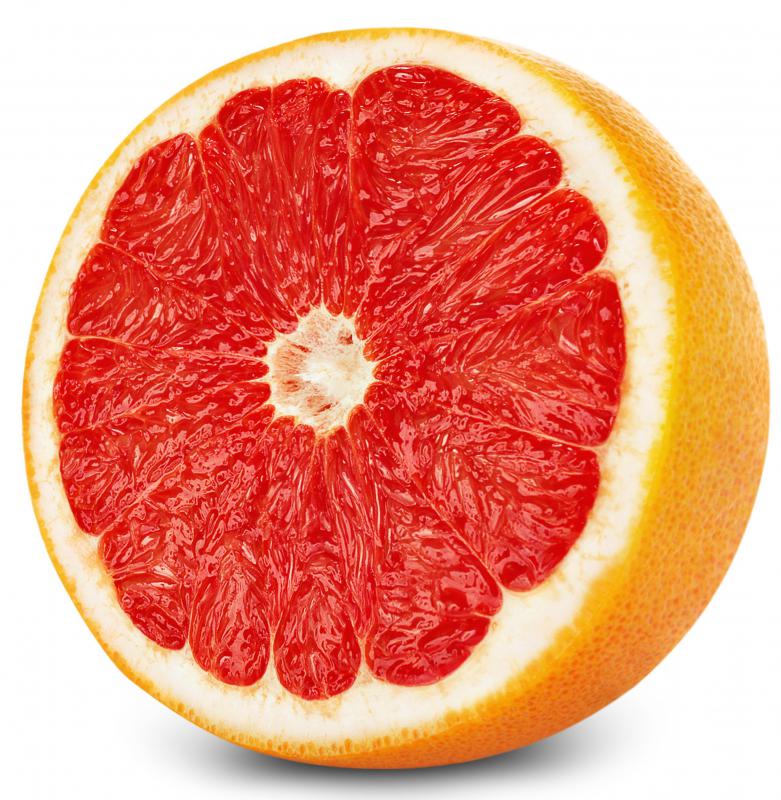
Discussion Comments
I agree with you who say we average Americans consume inadequate amounts of carotenoids. One would have to eat massive amounts of fruits and vegetables (which can be done) but most will not.
Nu Skin has a "Nano Lifepak (vitamin supplement) is the only one to be listed in the Physician's Desk Reference which says a lot. Nu Skin is also able to scan your carotenoid levels using a biophotonic scanner exclusive to Nu Skin. You could go to a doctor for this but one should really check Nu Skin out because the normal fee for the scan is around 5 bucks.
This scan will inform you as to whether or not your supplements are working for you as they say it should. You will be surprised, most don't. But don't take my word for it. Check it out. Contact any Nu Skin Rep in your area to see where the closest scanner can be found and there you go. When I first scanned my score was around 23,000. The scan ranges from 10,000 to over 50,000. After using Nu Skin's Lifepak Nano my new score is around 50,000. So please check this out, not for me, for you.
It is important to note Americans as well as people from other countries do not eat enough fruits and vegetables as recommended as a minimum by the USDA.
Be careful when taking multi-vitamins or specific vitamins; most do not have clinical studies demonstrating their efficiency and tend to sit in your stomach.
@burcidi-- You really should be careful with the number of supplements you are taking. As much as we wish it to be, these supplements are really not the same thing as eating a fresh orange or a salad. Nature provides for us the ideal amounts of everything, including carotenoid pigments and vitamins our body requires. Your body will not be harmed if you eat a lot of fruits and vegetables, but too many supplements can be toxic to the the body. Even fruits tend to lose some of their antioxidant capabilities after they have been pulled off the tree. You should not overdo the supplements. Try to have some real fresh fruits and vegetables. There are so many kinds, there must be something you like.
I don't like vegetables at all. I really can't eat them but I try to make up for it by taking supplements. I take a multivitamin, a vitamin E, vitamin A and a vitamin C capsule everyday. I drink fruit juices rather than eating fruit. I think these vitamins have enough antioxidants for my daily needs, right?
The average American does not consume enough carotenoids at all. Our diets do not include enough fruits and vegetables that protect our cells and organs from harmful radicals and protect from illnesses and cancer. Maybe this is why cancer numbers have doubled and tripled. We really have to make a conscious effort to include more carotenoid in our eating habits. Switch the potato chips with baby carrots and visit your farmers market more often!
Carotenoids are a class of phytonutrients that even though not absolutely essential to live, they do prevent many diseases such as cancer, heart disease and macular degeneration that comes on with age.
Post your comments